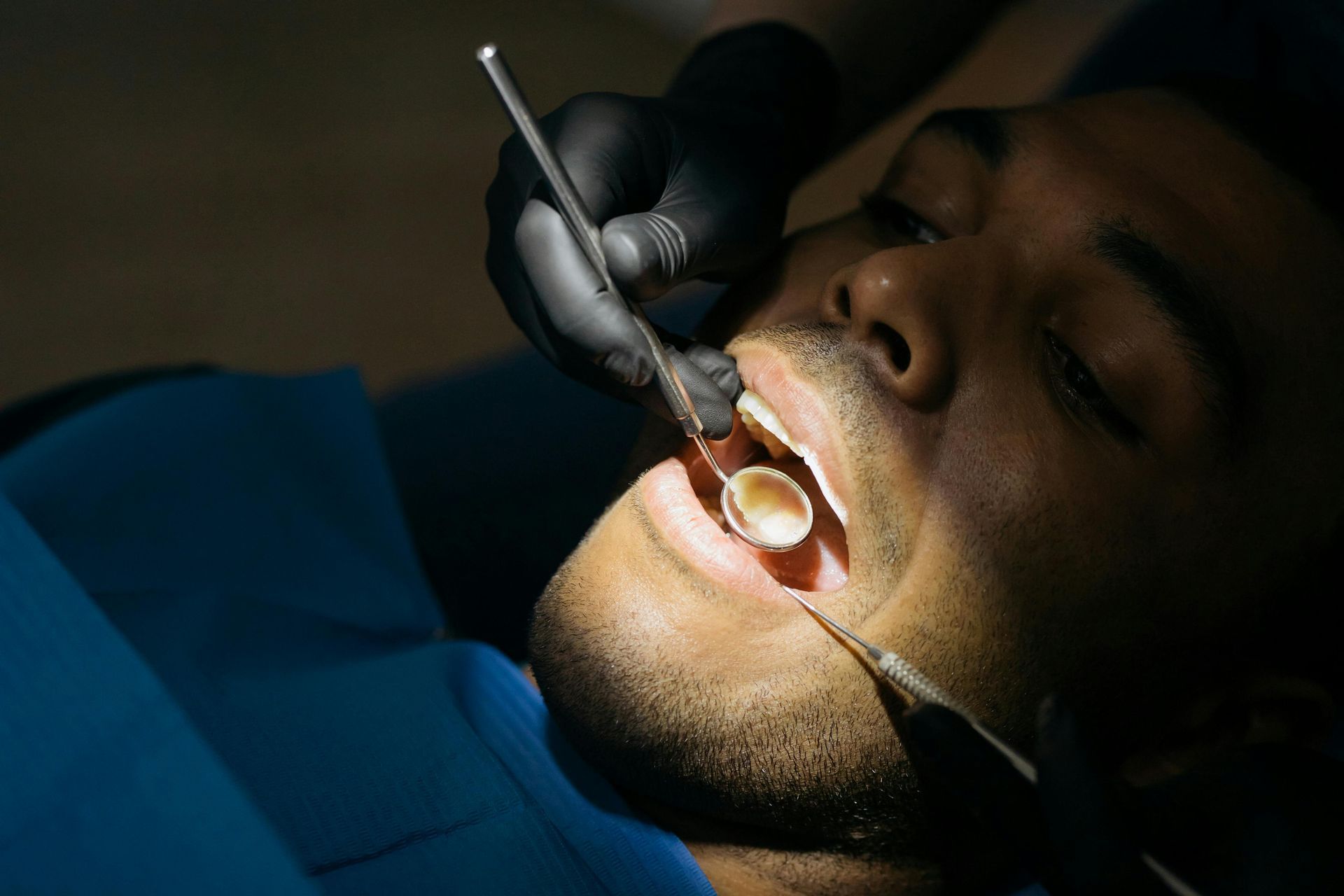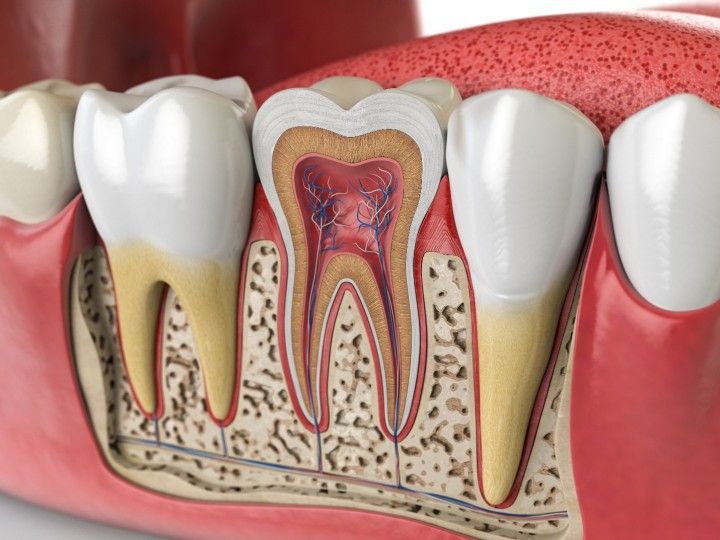What to Expect When Getting a Wisdom Tooth Removed: A Comprehensive Guide
Introduction
The prospect of having your wisdom teeth removed can be a daunting experience for many. It's a common dental procedure, but it often comes with a lot of uncertainty and questions. In this comprehensive guide, we will explore the entire process of wisdom tooth extraction, from the initial consultation to the recovery period, providing advice and insights to help ease your concerns and ensure a smoother experience.
Understanding Wisdom Teeth
Before we delve into the extraction process, it's essential to understand what wisdom teeth are and why they often require removal. Wisdom teeth, also known as third molars, typically emerge in late adolescence or early adulthood, usually between the ages of 17 and 25. They are the last set of molars to grow in the back of the mouth, and they often cause problems due to their late eruption and limited space in the jaw.
Common Issues with Wisdom Teeth
- Impaction: Wisdom teeth can become impacted, meaning they don't fully emerge from the gum line. This can lead to pain, swelling, and infection.
- Crowding: The limited space in the jaw can cause wisdom teeth to push against adjacent teeth, leading to misalignment and discomfort.
- Infection: Partially erupted wisdom teeth can create pockets where bacteria can accumulate, causing infection and inflammation known as pericoronitis.
- Cysts and Tumors: In rare cases, wisdom teeth may lead to the development of cysts or tumors, which can damage the surrounding bone and teeth.
Due to these potential issues, wisdom tooth extraction is often recommended as a preventive measure to maintain oral health.
The Dental Consultation
The first step in the wisdom tooth extraction process is to schedule a consultation with your dentist or oral surgeon. During this visit, you can expect the following:
1. Oral Examination:
Your dentist will perform a thorough examination of your mouth, including dental X-rays, to assess the position, development, and potential complications associated with your wisdom teeth.
2. Discussion of Options:
Your dentist will discuss the findings with you and present your options. This might include leaving the wisdom teeth in place if they are healthy and properly aligned, monitoring their development, or recommending removal if there are signs of impaction or potential problems.
3. Anesthesia and Sedation Options:
You will also discuss anesthesia and sedation options. Depending on the complexity of the extraction and your comfort level, you may choose from local anesthesia, intravenous (IV) sedation, or general anesthesia.
4. Pre-operative Instructions:
Before the extraction, you will receive specific pre-operative instructions, including fasting requirements, medication guidelines, and information about what to wear on the day of the procedure.
The Day of the Procedure
Once you've scheduled your wisdom tooth extraction, it's essential to prepare for the procedure itself. Here's what you can expect on the day of the surgery:
1. Arrival at the Dental Office or Surgical Center:
Arrive at the designated location on time, and ensure you have someone with you to drive you home afterward, especially if you'll be under sedation.
2. Anesthesia and Sedation:
Your chosen anesthesia or sedation method will be administered by a qualified professional. Local anesthesia numbs the extraction site, IV sedation induces a state of deep relaxation, and general anesthesia will put you to sleep throughout the procedure.
3. The Extraction Process:
The dentist or oral surgeon will make an incision in the gum tissue if necessary to access the tooth. They may need to remove bone or divide the tooth into smaller sections for easier extraction. Once the tooth is removed, the surgical site will be cleaned, and stitches may be placed if needed.
4. Recovery Room:
After the extraction, you will be taken to a recovery room where you'll be closely monitored as you wake up from anesthesia or sedation. This process can take some time, so be patient.
Post-Operative Care and Recovery
Understanding what to expect during the recovery phase is crucial for a smooth healing process. Here are some key points to keep in mind:
1. Swelling and Bruising:
Expect some swelling and bruising in the days following the procedure. Applying ice packs to the affected area can help reduce swelling.
2. Pain Management:
You will likely experience some discomfort and pain. Your dentist will prescribe pain medication or recommend over-the-counter pain relievers. Follow the instructions carefully and take the medication as directed.
3. Diet:
Stick to a soft and bland diet for the first few days. Avoid hot, spicy, or hard foods that can irritate the surgical site. Soups, yogurt, pudding, and mashed potatoes are good options.
4. Oral Hygiene:
Maintain good oral hygiene but be gentle around the surgical site. Use a saline rinse as prescribed by your dentist and avoid vigorous rinsing or brushing in the immediate area.
5. Rest and Activity:
Take it easy for the first few days after the extraction. Avoid strenuous physical activity and rest as much as possible to aid in the healing process.
6. Follow-up Appointments:
You will have follow-up appointments with your dentist or oral surgeon to monitor your healing progress. Be sure to attend these appointments as scheduled.
Potential Complications and When to Seek Help
While wisdom tooth extraction is generally safe, there can be complications. It's essential to be aware of the signs that may indicate a problem and seek immediate dental care if you experience any of the following:
- Excessive bleeding: Some bleeding is normal, but if it continues beyond the first 24 hours or is heavy, contact your dentist.
- Persistent pain: If your pain doesn't improve or worsens after a few days, it could be a sign of infection or another issue.
- Fever and swelling: An increase in swelling, redness, or the development of a fever may indicate an infection.
- Difficulty breathing or swallowing: If you experience difficulty breathing or swallowing, seek emergency medical attention immediately.
- Numbness: Prolonged numbness or tingling in your lips, tongue, or chin could be a sign of nerve damage and should be reported to your dentist.
- Dry socket: This painful condition occurs when the blood clot in the extraction site dislodges or dissolves prematurely. Symptoms include severe pain and a foul taste in your mouth.
Conclusion
Getting your wisdom teeth removed is a common dental procedure, and with proper preparation and understanding of what to expect, it can be a manageable experience. Remember to follow your
dentist's advice, attend follow-up appointments, and don't hesitate to reach out if you have any concerns during the recovery process. By taking care of your oral health and following these guidelines, you can ensure a smoother and more comfortable journey through wisdom tooth extraction.










